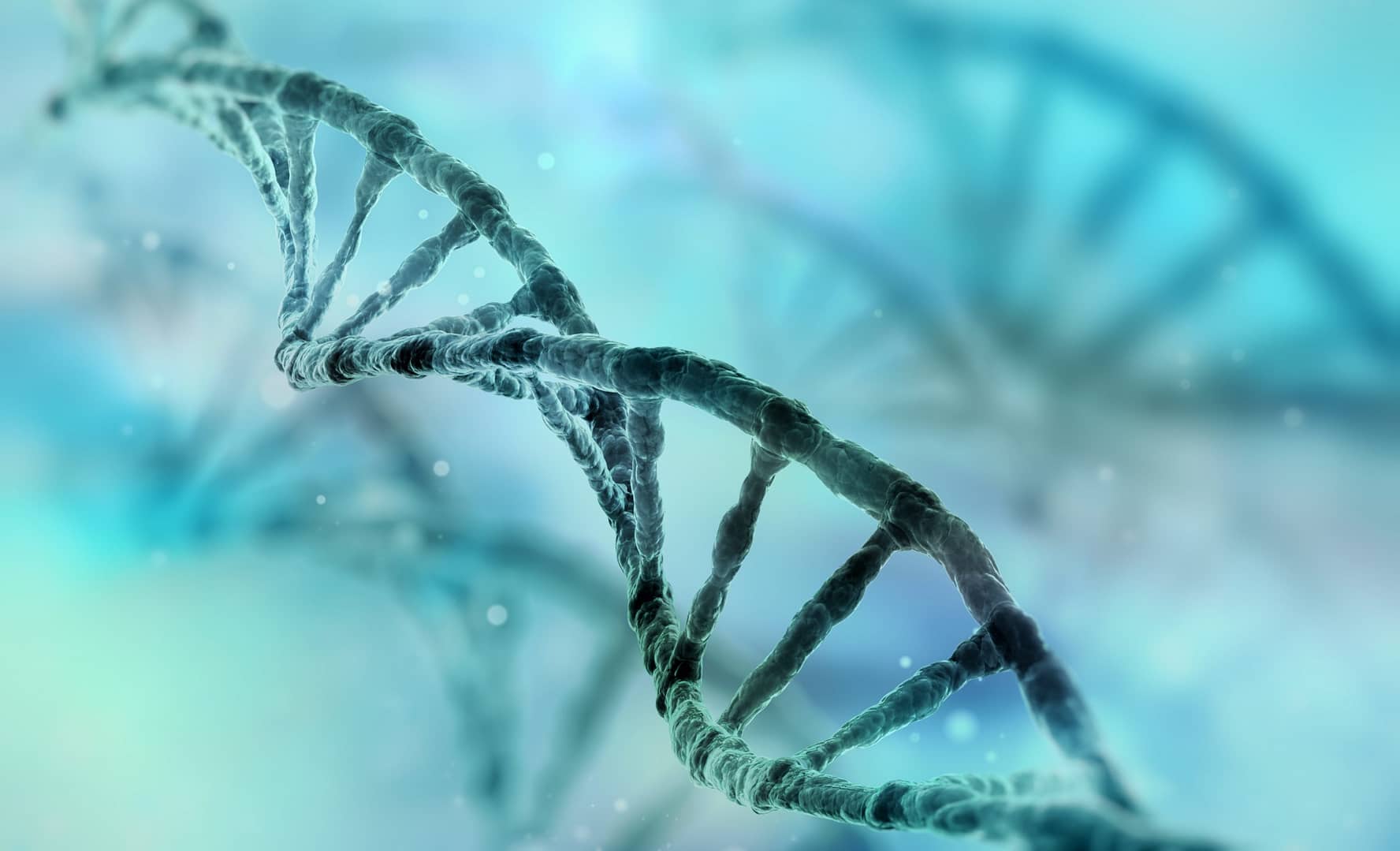There are over 600 genes that have been identified to be associated with chronic kidney disease (CKD). Nearly 10% of all adults with CKD may have a genetic or inherited cause for their condition. These conditions range from being relatively common to very rare syndromes.
Most Common Genetic Kidney Diseases
Autosomal Dominant Polycystic Kidney Disease (ADPKD)
This is the most commonly inherited kidney disease. An affected individual usually has a 50% chance of passing it on to their child. The disease process includes kidney cyst formation, enlargement, and eventual kidney failure. Manifestations outside of the kidney can occur, including brain aneurysms and liver cysts.
Nephrotic Syndrome/Focal Segmental Glomerulosclerosis (FSGS)
Developing nephrotic syndrome or FSGS can be genetic in origin. The manifestations of this disorder are due to the protein being lost in the urine (proteinuria) in excessive amounts. Symptoms can include swelling, weight gain, and increased blood pressure. There is also a greater risk of developing kidney failure.
Alport Syndrome
This is a genetic condition that is characterized by kidney disease, progressive hearing loss, and eye problems. One of the early signs of the disease is blood in the urine. The diagnosis is usually made from family history and a kidney biopsy.
Fabry Disease
This condition runs in families and usually affects males more significantly. The disease is due to a build-up of a certain type of fat within the body’s cells. Early symptoms include pain in the hands and feet, lack of sweating, and eye problems.
As this fat continues to build in the body’s cells, patients can develop kidney failure and heart problems. There is no cure for this condition, however, there are medications that can be used to slow the buildup of this fat.
Nephrolithiasis and Nephrocalcinosis
Most cases of kidney stones are not genetic in origin. However, it is important to diagnose genetically influenced kidney stones as there are specific treatments for these conditions.
Diagnosis
Due to CKD’s silent nature in the early stages, it is essential to identify potential genetic predispositions as soon as possible. Once these conditions have been diagnosed, they can be treated specifically to avoid ongoing kidney damage.
Identifying specific genetic disorders can also help prevent and treat manifestations that may occur outside of the kidney. Knowing if there is a genetic component to kidney disease is also important for family counseling and future planning.
Contact Us
At The Kidney and Hypertension Center, we provide consultation and ongoing care for the prevention and treatment of kidney-related diseases. Schedule your appointment today!


